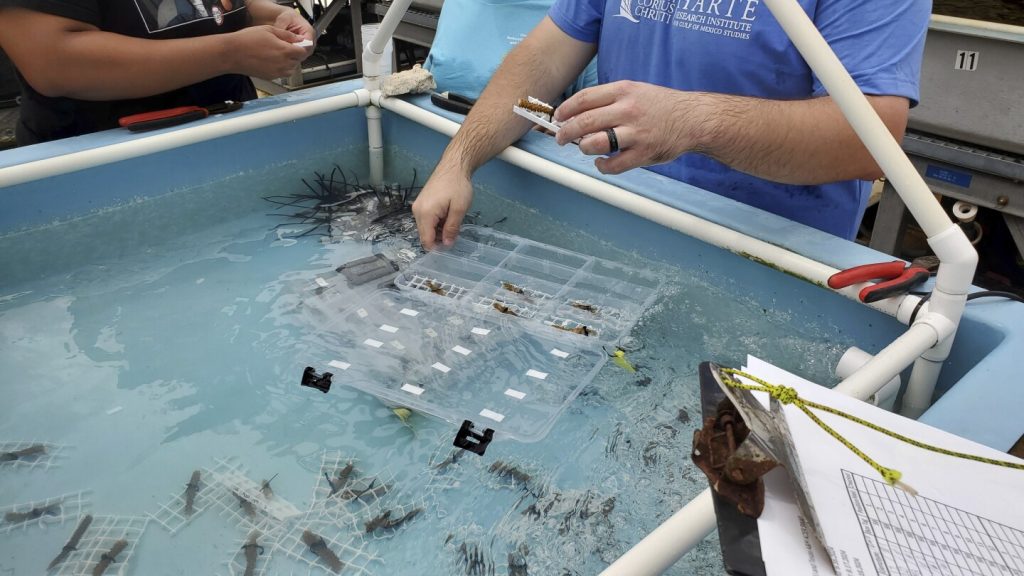The recent transfer of 300 endangered sea corals from South Florida to the Texas Gulf Coast for research and restoration marks a significant collaboration between Nova Southeastern University and Texas A&M University-Corpus Christi. The delicate corals were carefully packaged with fresh clean sea water and transported with extra oxygen to ensure their safety during the journey. NSU’s marine science research facility serves as a coral reef nursery, where rescued corals are stored, processed for restoration, and eventually transplanted back into the ocean. This relocation of corals aims to expand the representation of the corals being worked with and stored, acting as safeguards to protect and preserve them for the future.
Corals play a vital role in marine ecosystems, providing protection to coastlines, serving as a food source, and acting as nurseries for a variety of sea organisms. Despite their importance, it is easy for people on land to overlook the significance of these ocean creatures. The recent coral bleaching event in 2023, caused by abnormally high ocean temperatures, resulted in the destruction of corals in the Florida Keys. Texas A&M University-Corpus Christi sought assistance from NSU when their partners in the Keys were unable to provide corals for research. The transfer of corals from NSU’s offshore coral nursery provides Texas A&M with genetically diverse Staghorn coral colonies for their studies on coral health and developing a bleaching guide for the Caribbean.
The loss of corals at an alarming rate in the past three decades highlights the importance of conservation efforts to ensure the survival of these crucial marine organisms. Texas A&M University-Corpus Christi is utilizing the transferred corals to investigate the effects of sediment from Port Everglades on coral health. Additionally, the corals will be used to create a genetic bank, representing nearly 100 genetically distinct Staghorn coral colonies from South Florida’s reefs. This genetic diversity will serve as a safeguard for the survival of this important species in the face of environmental challenges.
Researchers involved in the coral relocation project emphasize the need for continued efforts to protect and restore coral populations, given their essential role in ocean ecosystems. Collaborations between universities and research institutions play a key role in conducting studies and implementing conservation measures to preserve coral reefs and ensure their resilience to environmental stressors. By sharing resources and expertise, scientists can work together to address the threats facing coral reefs and develop strategies for their long-term survival. The relocation of corals from South Florida to the Texas Gulf Coast represents a step towards expanding research efforts and enhancing the conservation of these endangered marine species.


